Accumulo. Application Development, Table Design, and Best Practices Aaron Cordova, Billie Rinaldi, Michael Wall
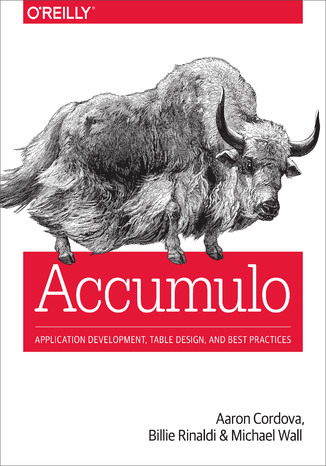



- Autorzy:
- Aaron Cordova, Billie Rinaldi, Michael Wall
- Wydawnictwo:
- O'Reilly Media
- Ocena:
- Stron:
- 552
- Dostępne formaty:
-
ePubMobi
Opis
książki
:
Accumulo. Application Development, Table Design, and Best Practices
Get up to speed on Apache Accumulo, the flexible, high-performance key/value store created by the National Security Agency (NSA) and based on Google’s BigTable data storage system. Written by former NSA team members, this comprehensive tutorial and reference covers Accumulo architecture, application development, table design, and cell-level security.
With clear information on system administration, performance tuning, and best practices, this book is ideal for developers seeking to write Accumulo applications, administrators charged with installing and maintaining Accumulo, and other professionals interested in what Accumulo has to offer. You will find everything you need to use this system fully.
- Get a high-level introduction to Accumulo’s architecture and data model
- Take a rapid tour through single- and multiple-node installations, data ingest, and query
- Learn how to write Accumulo applications for several use cases, based on examples
- Dive into Accumulo internals, including information not available in the documentation
- Get detailed information for installing, administering, tuning, and measuring performance
- Learn best practices based on successful implementations in the field
- Find answers to common questions that every new Accumulo user asks
Wybrane bestsellery
O'Reilly Media - inne książki
Dzięki opcji "Druk na żądanie" do sprzedaży wracają tytuły Grupy Helion, które cieszyły sie dużym zainteresowaniem, a których nakład został wyprzedany.
Dla naszych Czytelników wydrukowaliśmy dodatkową pulę egzemplarzy w technice druku cyfrowego.
Co powinieneś wiedzieć o usłudze "Druk na żądanie":
- usługa obejmuje tylko widoczną poniżej listę tytułów, którą na bieżąco aktualizujemy;
- cena książki może być wyższa od początkowej ceny detalicznej, co jest spowodowane kosztami druku cyfrowego (wyższymi niż koszty tradycyjnego druku offsetowego). Obowiązująca cena jest zawsze podawana na stronie WWW książki;
- zawartość książki wraz z dodatkami (płyta CD, DVD) odpowiada jej pierwotnemu wydaniu i jest w pełni komplementarna;
- usługa nie obejmuje książek w kolorze.
Masz pytanie o konkretny tytuł? Napisz do nas: sklep@helion.pl
Książka drukowana





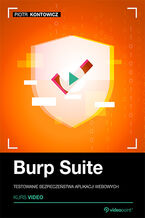














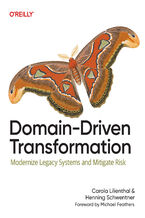
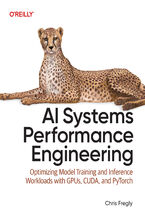

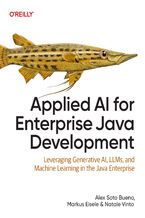
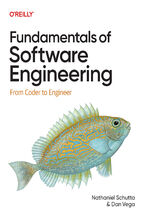
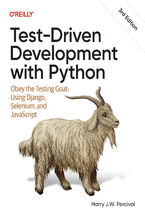
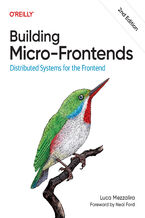
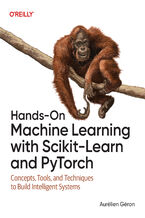




Oceny i opinie klientów: Accumulo. Application Development, Table Design, and Best Practices Aaron Cordova, Billie Rinaldi, Michael Wall
(0)